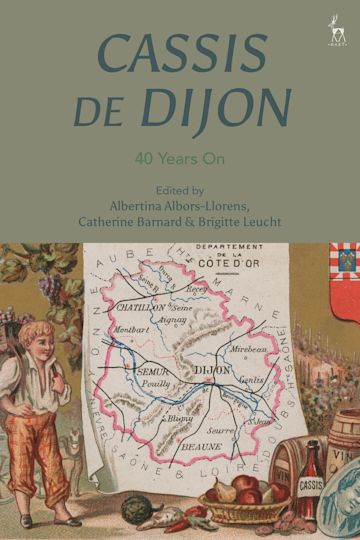

The BBC documentary Who Do You Think You Are?, broadcast on 2 March 2009, also revealed that Whately is a descendant, on his paternal side, of Thomas Whately of Nonsuch Park (father of Thomas Whately), a leading London merchant, English politician and writer who became a director of the Bank of England, and of Major Robert Thompson, a staunch supporter of the Parliamentarian cause at the time of the English Commonwealth who later settled in Virginia, where he became a pioneer tobacco plantation owner. His maternal grandmother, Doris Phillips, was a professional concert singer and his great-great-grandfather, Richard Whately, was Anglican Archbishop of Dublin. His mother, Mary (née Pickering ), was a teacher and his father, Richard, was a Commander in the Royal Navy. The 7th edition is available for students and institutions to purchase in a variety of formats, and is supported by online resources.įor more information about this book, please refer to the OUP website.įor information about other publications by Professor Barnard, please refer to her Faculty profile.Whately is from Humshaugh, near Hexham, Northumberland.

Diagrams, flowcharts, and tables offer further detail and illustrate key ideas and processes in an easily accessible format, while chapter overviews, chapter content lists, and a clear structure ensure readers remain on track and can find information quickly. This thorough coverage is fully supported by engaging case studies throughout the book which place the law in context, helping you to understand the complexities of the subject and exploring the practical implications of EU law. Additional useful detail is captured in footnotes, while directed further reading lists provide support for independent study and research. Each of the freedoms is then dealt with in turn, covering goods, persons, services, and capital, before moving on to discuss harmonization, the regulation of the internal market, and its future. This authoritative text offers a unique balance of comprehensive, detailed coverage in a concise and readable style, providing a critical and thorough analysis of the key principles of the substantive law of the EU.Īn introductory chapter provides valuable context on the governance of the internal market, its evolution, and the theories behind its key principles. Oxford University Press has published the seventh edition of The Substantive Law of the EU: The Four Freedoms by Professor Catherine Barnard.


 0 kommentar(er)
0 kommentar(er)
